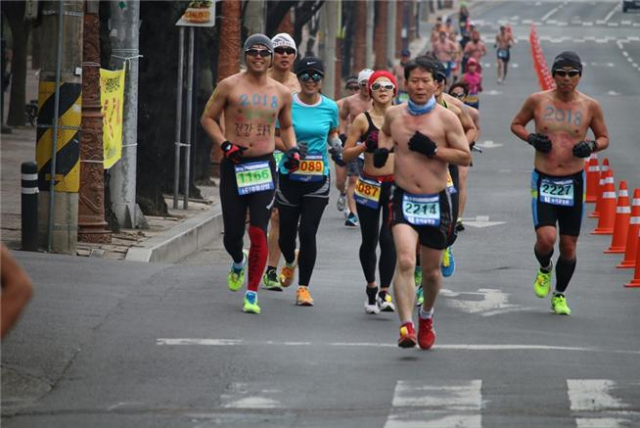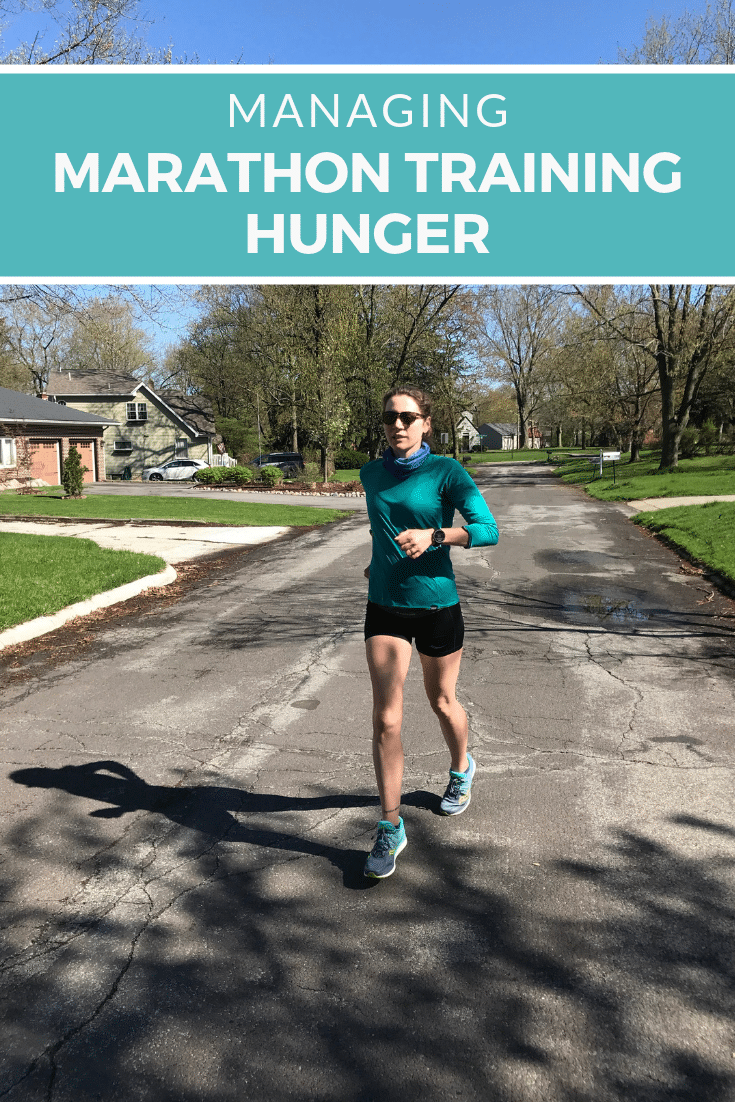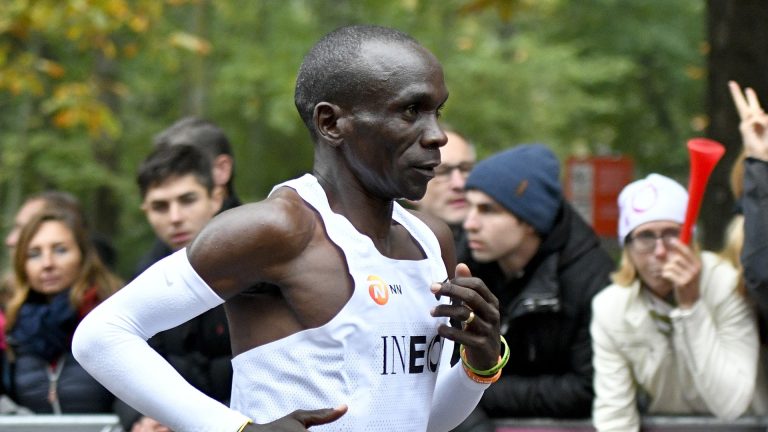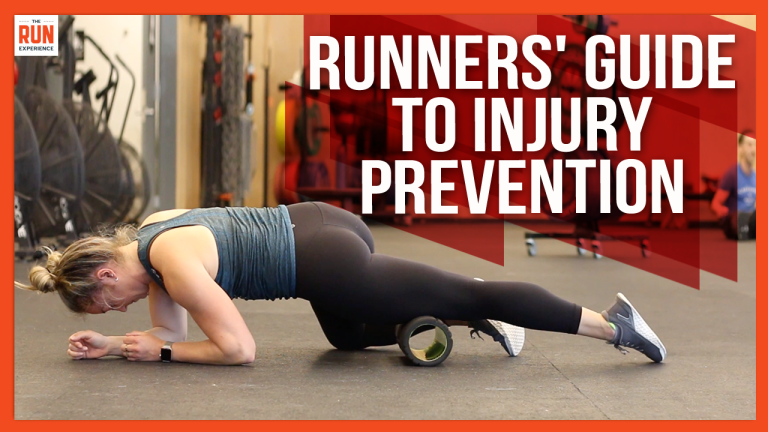Coughing After Running
After running, coughing may be due to increased breathing rate causing dry air to irritate the airways. It can also result from exercise-induced bronchoconstriction, especially in individuals with asthma or allergies.
When participating in physical activities such as running, many individuals experience coughing spells following their workout. This common phenomenon, known as post-exercise coughing, can be concerning for those facing this issue. Understanding the reasons behind coughing after running and learning how to manage it effectively can help individuals continue to enjoy their exercise routine without any disruption.
This article will explore the potential causes of coughing after running, offer tips on prevention, and provide strategies for alleviating symptoms to ensure a more comfortable workout experience.
Causes Of Coughing After Running
Cold and Allergies:Cold and allergies can cause coughing after running. When you run, you breathe in a large volume of air, which may aggravate a pre-existing cold or allergy. This can lead to coughing as your body tries to expel mucus and foreign particles.
Exertion-induced Cough:Exertion-induced cough occurs when the physical exertion of running leads to increased breathing rate and volume. This can cause the airways to become dry and irritated, resulting in coughing. It is often a temporary and non-serious issue that resolves after a short time.
Asthma:Asthma is a chronic condition that can be triggered by exercise, leading to coughing, wheezing, and difficulty breathing. Running can potentially aggravate asthma symptoms, causing coughing after exertion. It is important to manage asthma effectively to prevent such episodes.
Exercise-Induced Bronchoconstriction:Exercise-Induced Bronchoconstriction (EIB) involves the temporary narrowing of airways during or after physical activity. This can result in coughing, chest tightness, and shortness of breath. EIB often affects individuals who do not have a history of asthma, but it can also occur in those with asthma.

Credit: runningmagazine.ca
Preventing Coughing After Running
Prevent coughing after running by staying hydrated and warming up properly before your run. Avoid triggers like cold air and pollutants, and consider using a scarf or mask to cover your mouth and nose.
Preventing Coughing After Running Proper Warm-up and Cool-down Adequate warm-up prepares your body for running, reducing the risk of post-exercise coughing. Breathing Techniques Focus on deep belly breathing to optimize oxygen intake while running. Hydration Sip water before and after running to keep your throat moist and prevent coughing. Avoiding Triggers Steer clear of cold air or pollutants that can irritate your throat after running.Treatment Options For Coughing After Running
After running, coughing can be due to various factors such as dehydration, poor air quality, or an underlying medical condition. Treatment options may include staying hydrated, using a humidifier, and seeking medical advice if the cough persists. It’s important to address the root cause to find an effective solution.
Over-the-counter Medications
– Consider using throat lozenges to soothe irritated throat post-running. – Cough syrups with expectorants can help clear mucus from the respiratory tract. – Antihistamines can reduce throat irritation caused by allergens.Prescription Medications
– Consult a doctor for prescription cough medications if the cough persists. – Bronchodilators may be prescribed to relieve coughing from exercise-induced bronchoconstriction. – Anti-inflammatory drugs can help reduce inflammation in the airways.Natural Remedies
– Drink warm tea with honey to soothe the throat and reduce coughing. – Inhale steam from a bowl of hot water to loosen mucus in the airways. – Try ginger or turmeric tea for their anti-inflammatory properties.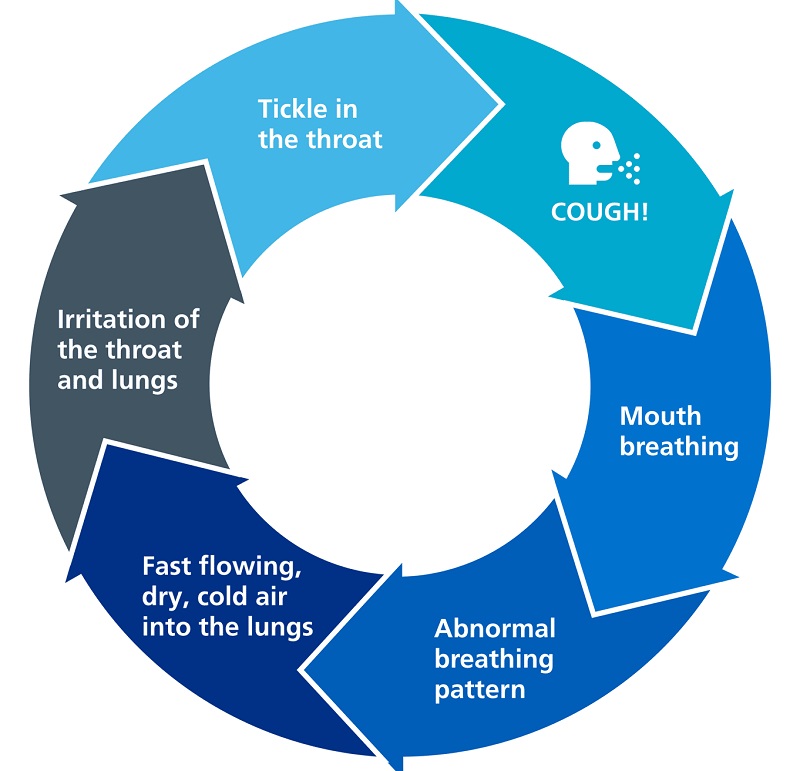
Credit: www.runtothefinish.com
Managing Chronic Coughing After Running
Coughing after running can be a common concern for many individuals, especially those with chronic respiratory conditions. Managing chronic coughing after running requires proper diagnosis and personalized treatment plans, along with implementing lifestyle changes to reduce the severity and frequency of post-run coughing episodes.
Diagnosis By A Healthcare Professional
Seeking professional medical advice is crucial in diagnosing the underlying cause of chronic coughing after running. Healthcare professionals may conduct thorough assessments, including pulmonary function tests, chest X-rays, and possibly allergy testing to identify potential triggers for post-exercise coughing.
Creating A Personalized Treatment Plan
Once the cause of the chronic coughing has been determined, healthcare professionals can collaborate with individuals to create personalized treatment plans. This may include a combination of medication, breathing exercises, and possibly referral to a respiratory therapist or allergist for specialized care.
Lifestyle Changes
Lifestyle modifications can play a vital role in managing chronic coughing after running. This may involve avoiding environmental triggers, practicing proper hydration, wearing a mask in polluted areas, and considering alternative low-impact exercises to minimize the risk of triggering post-run coughing.
When To Seek Medical Attention
While coughing after running is common and often harmless, there are certain situations where it is important to seek medical attention. Here are some signs and symptoms to look out for:
Persistent Or Worsening Symptoms
If your cough persists or gets worse over time, it is recommended to consult a healthcare professional. This could indicate an underlying respiratory condition or infection that may require medical treatment. Don’t ignore a cough that lingers for several weeks or becomes increasingly severe.
Difficulty Breathing
If you experience difficulty breathing along with your cough, it is crucial to seek immediate medical attention. Shortness of breath, wheezing, or tightness in the chest can be signs of a more serious respiratory problem that needs prompt evaluation by a healthcare provider. These symptoms should never be ignored, as they may indicate a potentially life-threatening condition.
Coughing Up Blood
Coughing up blood, also known as hemoptysis, should never be taken lightly. If you notice blood in your cough, even if it is just a small amount, it is essential to see a doctor as soon as possible. While it may have benign causes such as irritation or a minor respiratory infection, it can also be a sign of a more serious condition that requires immediate medical attention.
Fever
If you develop a fever along with your cough after running, it is recommended to seek medical advice. Fever is often a sign of infection, and combined with a cough, it may indicate a respiratory infection or even pneumonia. A healthcare professional will be able to determine the cause of your symptoms and provide appropriate treatment if necessary.

Credit: www.vingo.fit
Frequently Asked Questions For Coughing After Running
Why Do I Cough After Running?
Coughing after running is a common occurrence due to the increased breathing rate and the dryness of the air you breathe in during intense exercise.
Is Coughing After Running A Sign Of A Problem?
In most cases, coughing after running is not a cause for concern. However, if the cough persists or is accompanied by other symptoms, it is advisable to consult a healthcare professional.
How Can I Prevent Coughing After Running?
To reduce coughing after running, try warming up properly, staying hydrated, and avoiding extreme weather conditions. If necessary, consider wearing a scarf or using a mouthguard to warm and moisten the air you breathe in.
Conclusion
Coughing after running can be a common reaction to physical exertion. By understanding its potential causes, such as dehydration or respiratory issues, one can take steps to mitigate this post-exercise discomfort. It’s essential to listen to your body, stay hydrated, and consult a healthcare professional if coughing persists.
Prioritizing proper hydration and respiratory health can help enhance your running experience.



